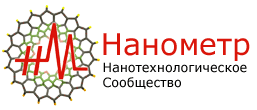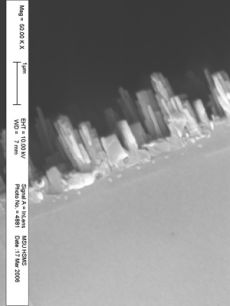The XXIII International Conference on Relaxation Phenomena in Solids, dedicated to the 100th anniversary of the V.S. Postnikov birth, September 16 – 19, 2015, Voronezh, Russia.
Topics:
-
I. Theory of relaxation phenomena
-
1.1. Quantum relaxation mechanisms
-
1.2. Classical mechanisms of relaxation phenomena
-
1.3. Electron and phonon relaxation
-
1.4. Relaxation phenomena in the process of external influence on the material
-
-
II. Mechanical relaxation
-
2.1. Aftereffect and stress relaxation
-
2.2. Internal friction, which is associated with micro- and macrodefects in metals
-
2.2.1. Point defects
-
2.2.2. Dislocation
-
2.2.3. Interphase and domain boundaries
-
2.2.4. Materials after severe plastic deformation
-
-
2.3. Internal friction in solids
-
2.3.1. Metals and alloys
-
2.3.2. Semiconductors
-
2.3.3. Oxide glasses and ceramics
-
2.3.4. Polymers and composites based on them
-
2.3.5. Oxide superconductors
-
2.3.6. Superionic conductors
-
2.3.7. Ferroelastics and ferroelectrics
-
-
2.4. Long-term processes of change in the structure and materials properties
-
2.5. Materials fatigue and creep
-
-
III. Dielectric relaxation
-
3.1. Dielectric relaxation in phase transitions
-
3.2. Dipole glasses and relaxors
-
3.3. Ferroelectromagnets and magnetoelectric composites
-
3.4. Degradation of material parameters
-
-
IV. Magnetic relaxation
-
4.1. Ferromagnets
-
4.2. Spin glasses
-
4.3. Superparamagnets
-
4.4. Magnetic colloids and liquid
-
4.5. Magnetic semiconductors
-
-
V. Relaxation in nanosystems
-
5.1. Graphenes, fullerenes and carbon nanotubes
-
5.2. Amorphous metal alloys
-
5.3. Nanocrystalline solids
-
5.4. Nanocomposites
-
5.5. Thin films and multilayer structures
-
5.5. Heterostructure
-
-
VI. Miscellanea
-
6.2. Hydrogen in metals and semiconductors
-
6.3. Relaxation in strongly nonequilibrium conditions
-
6.4. Relaxation in biomaterials
-
-
VII. Methods and apparatus for measuring relaxation phenomena Deadlines:
-
Pre-registration– May 01, 2015
-
Abstracts – May 30, 2015
-
Papers – September 01, 2015

